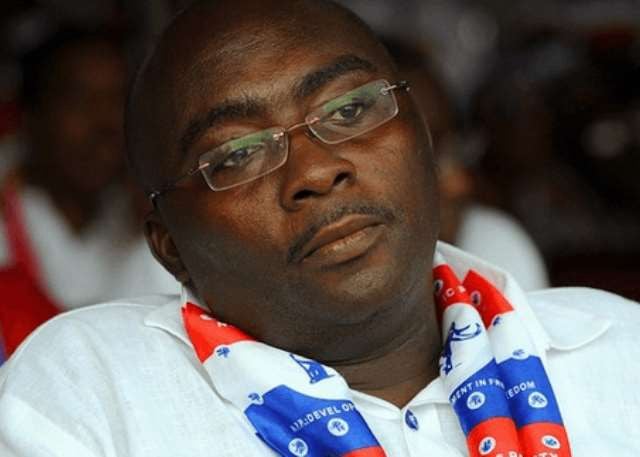The April 2025 National Tracking Poll, conducted by Global InfoAnalytics, provides a detailed post-mortem of the 2024 Ghanaian general elections, revealing the factors that contributed to the New Patriotic Party’s (NPP) defeat and John Mahama’s landslide victory. The survey, which sampled nearly 8,000 respondents, paints a picture of a significant shift in voter sentiment during the final stages of the campaign, ultimately leading to Dr. Mahamudu Bawumia, the NPP flagbearer, losing a substantial portion of his projected support. The poll’s findings highlight the volatility of voter intentions and the impact of late-stage campaign dynamics on election outcomes.
A key revelation of the poll is the substantial voter defection from Bawumia on election day. While pre-election projections indicated strong support for the NPP candidate, the actual results tell a different story. A significant 17% of voters who initially intended to cast their ballot for Bawumia changed their minds at the last minute. Of these, the majority, 14%, switched their allegiance to John Mahama, contributing to his decisive victory. This last-minute shift suggests that the final weeks of campaigning played a crucial role in shaping voter perceptions and ultimately influencing the election’s outcome. The remaining 3% who abandoned Bawumia opted for other candidates, indicating a broader disillusionment with the NPP’s offering.
The poll also delves into the perceived reasons for the NPP’s electoral downfall, providing insights into public opinion regarding accountability for the party’s loss. The findings point to widespread dissatisfaction with the previous administration, with former President Nana Addo Dankwa Akufo-Addo shouldering the lion’s share of the blame. A staggering 68% of respondents attributed the NPP’s defeat to Akufo-Addo’s leadership, highlighting a strong sentiment of disapproval regarding his tenure. This significant percentage suggests a widespread perception that Akufo-Addo’s policies and governance played a major role in eroding public trust in the NPP.
Beyond Akufo-Addo, the poll identifies other key figures within the NPP who are perceived as contributing factors to the party’s electoral misfortune. Former Finance Minister Ken Ofori-Atta, a close relative of Akufo-Addo, also bears a significant portion of the blame, with 40% of respondents holding him responsible for the NPP’s defeat. This likely reflects public dissatisfaction with the country’s economic performance under Ofori-Atta’s stewardship. Bawumia himself, despite being the party’s flagbearer, is also held accountable by 37% of respondents, suggesting that his association with the previous administration may have hampered his electoral prospects. Other figures implicated in the NPP’s loss include Dr. Mathew Opoku-Prempeh (33%), other government appointees (32%), and Members of Parliament (25%). Interestingly, Kennedy Agyapong, a controversial figure within the NPP, received relatively little blame, with only 9% of respondents holding him responsible for the party’s defeat.
The poll’s findings demonstrate a significant shift in public perception following the change in leadership. While only a small percentage of voters felt the country was heading in the right direction under the previous NPP government, the sentiment has dramatically reversed under President Mahama. A resounding 64% of respondents now express confidence in the direction of the country, signaling a renewed sense of optimism and trust in the new administration. This stark contrast underscores the impact of leadership and policy on public perception and the potential for a relatively swift shift in national sentiment.
In conclusion, the Global InfoAnalytics poll offers a comprehensive analysis of the factors contributing to the significant political shift in Ghana’s 2024 elections. The data highlights the importance of late-stage campaigning, the impact of voter perceptions on individual candidates and the broader political party, and the potential for swift changes in public sentiment based on leadership and policy. The poll’s detailed breakdown of voter defection, the apportionment of blame for the NPP’s defeat, and the significant increase in public confidence under the new administration provide a valuable resource for understanding the dynamics of the 2024 elections and the current political landscape in Ghana. The findings underscore the critical role of public opinion in shaping political outcomes and offer insights for future political strategists and policymakers.


